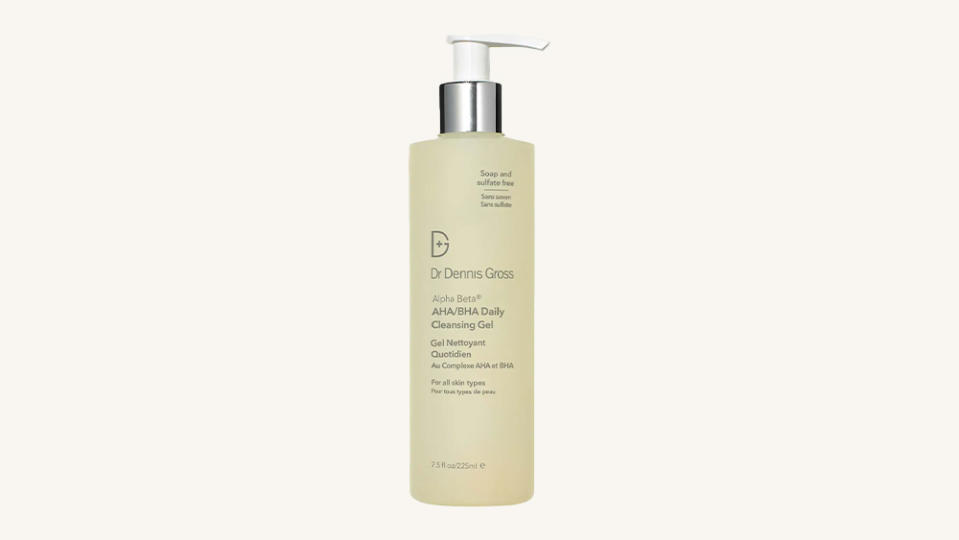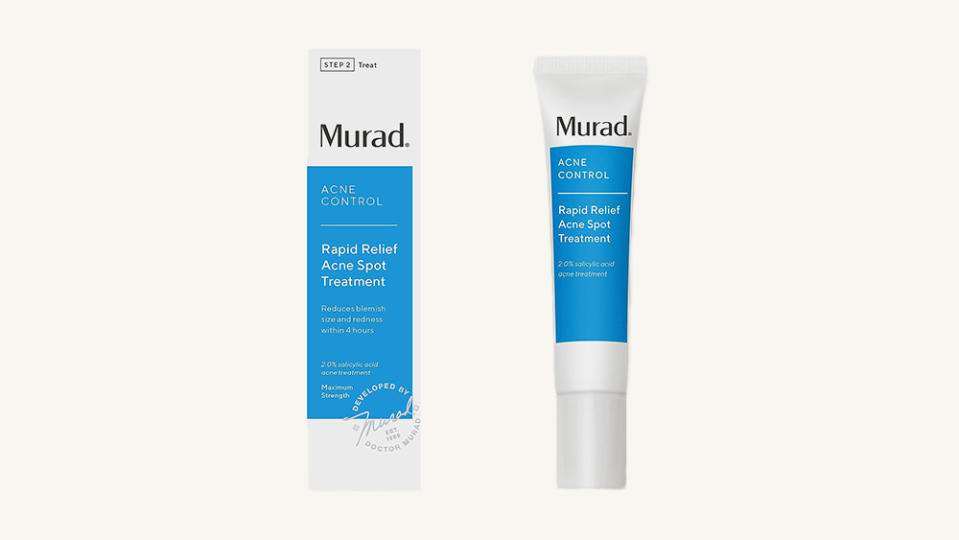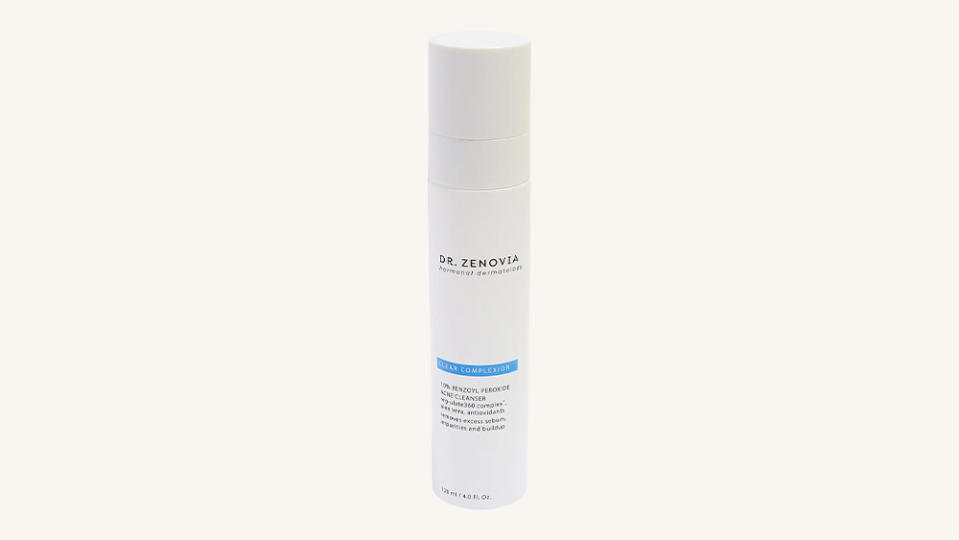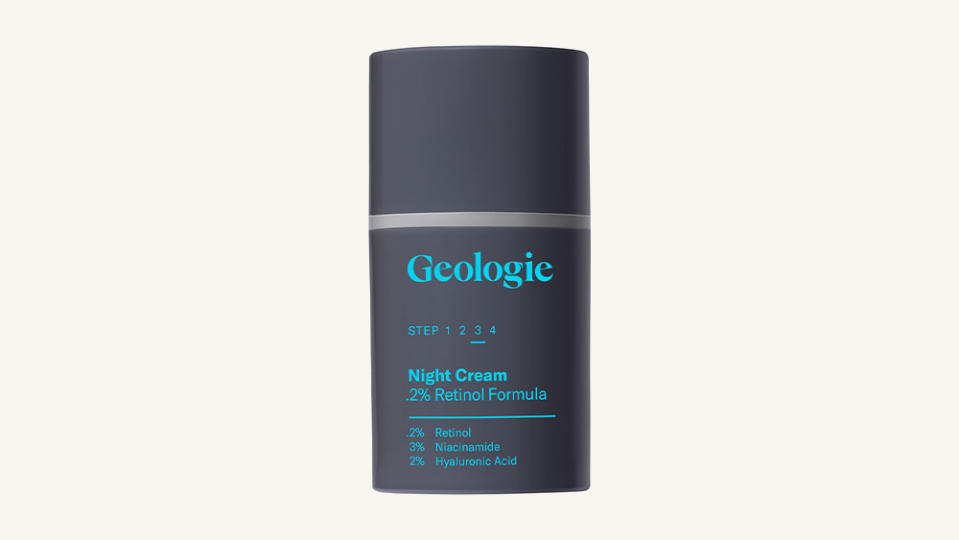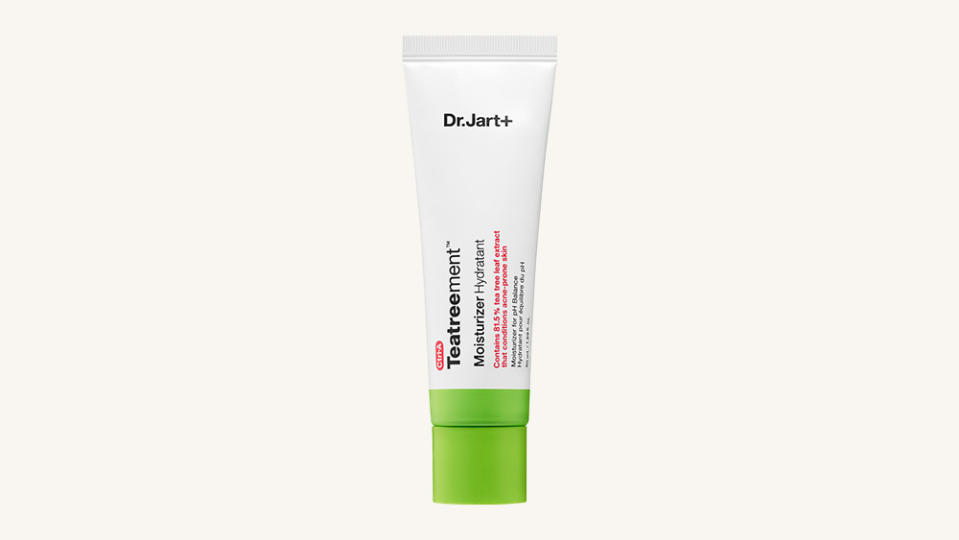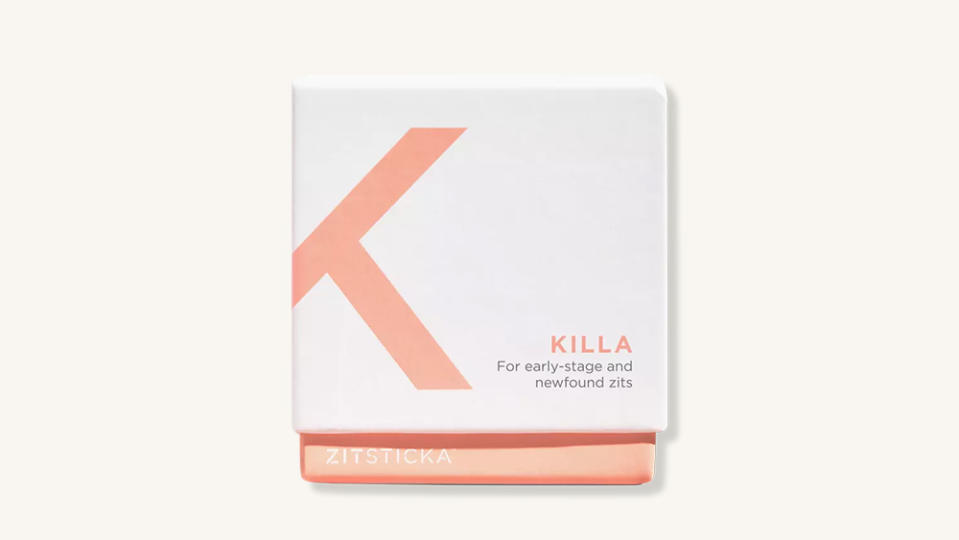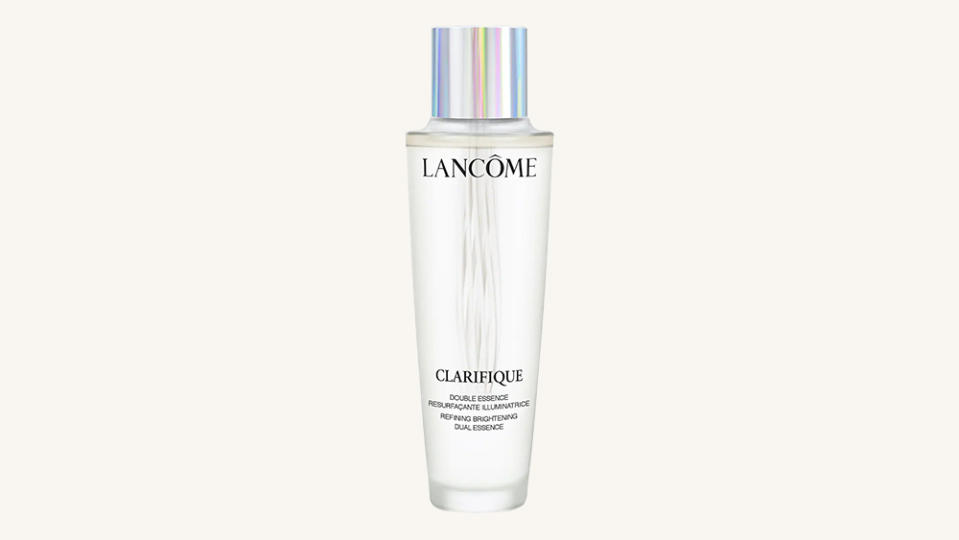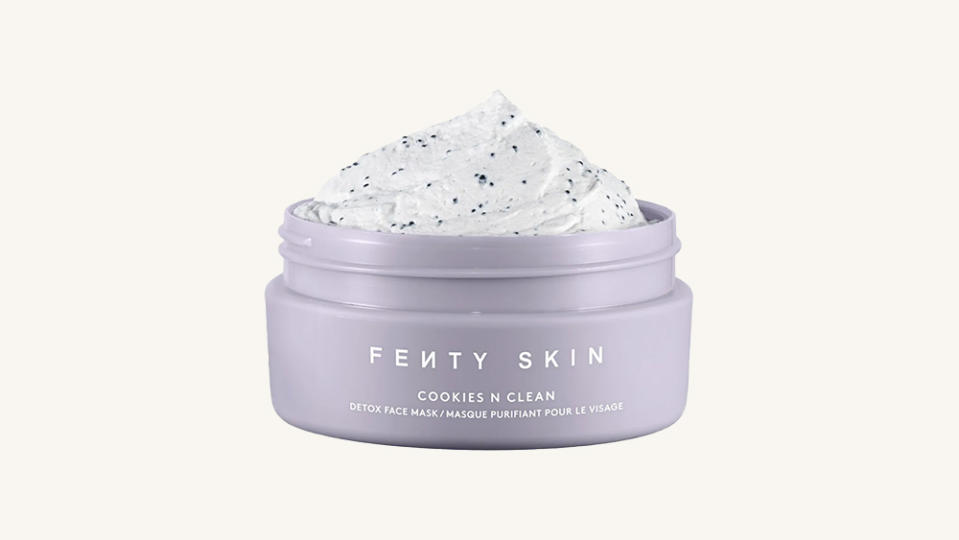Views: 0
An acne-prone person looks forward to those rare stretches of time—perhaps a month in summer, or a couple weeks in April—where their skin decides to take a chill pill. The moment is fleeting, because usually there is a new pimple (or 10) just as the last one (or 12) is on the way out. And it doesn’t get better with age, because even a single pimple can leave post-inflammatory marks on the skin for a half a year or more.
This is the plight of the pimple prone. But luckily, it can be solved with the right habits and products tailored for one’s breakout patterns. For more on that—and for the best products for acne-prone skin—here is the advice of board-certified dermatologist Brandon Kirsch, M.D., at Kirsch Dermatology in Naples, FL.
More from Robb Report
-
The 10 Best Denim Jackets for Men, From Levi’s to Brunello Cucinelli
-
The Best Electric Smokers for Flavorful Ribs, Steak, and More
-
Robb Recommends: The Cashmere Brand on a Quest to Make ‘The Best Sweater in the World’
The Best Ingredients for Acne-Prone Skin
While there are many ingredients that can help minimize breakouts, Dr. Kirsch lists these three as the most important ones to consider.
Salicylic Acid: Salicylic acid is the primary beta hydroxy acid (BHA) that you will find in products targeting oily and acne-prone skin—everything from cleansers to serums to moisturizers. “Salicylic acid penetrates deep into the pores and dissolves the ‘glue’ that holds together dead skin cells, helping to unclog pores and reduce the risk of acne formation,” Kirsch says. “It also has anti-inflammatory properties that can soothe red, inflamed acne. It’s one of the most common over-the-counter ingredients for treating acne due to its effectiveness in preventing and treating breakouts.”
The Best Salicylic Acid Cleanser for Acne-Prone Skin
Dr. Dennis Gross Alpha Beta AHA/BHA Daily Cleansing Gel
By washing with this cleanser twice daily, you can significantly reduce your odds at a breakout given the gentle-but-effective concentration of exfoliating ingredients, like salicylic acid, glycolic acid, and lactic acid.
Buy Now on Sephora:
The Best Salicylic Acid Serum for Acne-Prone Skin
Murad Rapid Relief Spot Treatment Salicylic Acid 2% Gel
Use is as a serum or as a targeted spot treat; either way, this gel helps relieve congested pores and prevent future outbreaks. Use it daily on active blemishes or two to three times weekly all over your face. (You can even blend it into your night cream.)
Buy Now on Amazon:
Benzoyl Peroxide: Not everyone with acne needs benzoyl peroxide, but those with a specific problem will benefit enormously. “Benzoyl peroxide works by killing the bacteria that causes acne,” says Kirsch. “It can effectively reduce both existing pimples and prevent new ones. It is available in a range of concentrations from 2.5% to 10%. It is better to use a lower strength on the face (2.5%) and a higher strength on the body (10%).” You can get it in a range of products, from cleansers to creams. Be warned, though, that benzoyl peroxide can bleach fabrics. “Make sure to rinse it off completely and dry your skin with a white towel,” Kirsch adds.
The Best Benzoyl Peroxide Cleanser for Acne-Prone Skin
Dr. Zenovia 10% Benzoyl Peroxide Acne Cleanser
While 10% benzoyl formulas usually target the body, that’s also for the products that remain on the skin long term (like creams and lotions). Here’s a high-grade cleanser that packs a lot of heat in the 60 seconds it’ll spend in contact with your face. Use it to target bacteria-induced blemishes.
Buy Now on Sephora:
Retinoids: Retinoids (often called retinol) are vitamin A derivatives that are common in anti-aging and anti-acne regimens. “Retinoids speed up cellular turnover and reduce the likelihood of pores becoming clogged,” Kirsch explains. “Over-the-counter options include retinol and adapalene (think Differin gel), while stronger retinoids like tretinoin and tazarotene are available via prescription. They can also help reduce the appearance of acne scars and hyperpigmentation.” Kirsch adds that retinoids can be drying and irritating, especially when first starting. “It’s important to gradually introduce them into your routine,” he says.
The Best Retinol Night Cream for Acne-Prone Skin
Geologie Retinol Night Cream
Geologie lets you choose from three different retinol intensities—sensitive, extra, and ultra—depending on your skin’s comfort level with this ingredient. This night cream also packs hyaluronic acid for added hydration and niacinamide for a texture-toning boost.
Buy Now on Amazon:
The Best Adapalene Gel for Acne-Prone Skin
Differin Adapalene Gel 0.1%
No more prescription needed: Differin remains the leader in the retinoids-against-acne movement.
Buy Now on Amazon:
How Different Pimples Inform Your Regimen
Treating a blackhead is a lot different than treating an embedded acne cyst (or any other kind of inflammatory acne). The causes of these two pimples are very different, too. And for this reason, the type of acne you are prone to experiencing should inform the approach you take to prevention and treatment.
“Non-inflammatory acne, such as blackheads and whiteheads, usually respond well to topical treatments like retinoids and salicylic acid,” says Kirsch. “While inflammatory acne, like papules and pustules, may also require an antimicrobial treatment like benzoyl peroxide to combat the associated bacteria.”
There are also more severe forms of acne, like nodular or the aforementioned cystic acne. “These often require more aggressive treatment under the care of a dermatologist, possibly including oral medications such as isotretinoin or hormonal treatments,” Kirsch says. This will greatly reduce the odds of post-inflammatory acne marks, too. So don’t hesitate to make that appointment and to build a tailored plan with your trusted doc.
Habits to Avoid If You Have Acne-Prone Skin
Here are the topline things that Kirsch says to avoid if you are prone to acne:
Touching your face: “This can spread bacteria and oil and lead to breakouts.”
Popping or picking at pimples: This can lead to scarring and further breakouts.
Ignoring basic hygiene: “A good skincare routine should be established and adhered to consistently, and it’s essential to always remove makeup before going to bed.” Similarly, it’s important to regularly wash pillowcases (once weekly, let’s say) to help prevent breakouts.
Poor diet and lifestyle habits: “Incorporate a healthy diet and regular exercise to benefit the skin,” he says. This includes adequate sleep, routine hydration, and cutting back on the obvious vices like alcohol and smoking.
Using comedogenic ingredients: Avoid skincare products with pore-clogging (comedogenic) ingredients. Some of the biggest offenders include coconut oil, cocoa butter, soybean oil, and moringa oil. Many other oils are fine, namely argan and jojoba, which shouldn’t provide you with much (if any) grief.
The Best Non-Comedogenic Moisturizer for Acne-Prone Skin
Dr.Jart+ Teatreement Moisturizer
This anti-acne moisturizer is comprised of over 80% tea tree leaf extract, along with additional tea tree derivatives—all of which counter oil buildup and bacterial proliferation. It includes additional anti-inflammatories like aloe vera and chamomile flower extract, too.
Buy Now on Sephora:
Additional Acne Products to Consider
These are additional products that most acne-prone individuals should use, according to Kirsch.
Acne Patches: Pimple patches are small, transparent stickers that usually use hydrocolloid bandaging technology to trap moisture inside the wound and to block any bacteria or grime from entering the area. This also helps reduce inflammation at the site. “They typically contain acne-fighting ingredients like salicylic acid or tea tree oil, and by creating a moist environment they promote faster healing,” says Kirsch. “Plus, they prevent you from picking at a pimple, which can lead to scarring or further breakouts.”
The Best Acne Patches for Inflammatory Acne
ZitSticka Killa Microdart Acne Patches with Salicylic Acid
There’s no competition for ZitSticka’s hero product, which uses 24 micro darts to deliver salicylic acid into inflammatory acne to reduce swelling and unclog pores.
Buy Now on Amazon:
Facial Mists: While this may seem like an unusual inclusion in the list, Kirsch says that facial mists can offer a refreshing boost of hydration throughout the day, and they can use targeted ingredients to help keep acne at bay. “Look for mists that contain ingredients known to combat acne, like tea tree oil or salicylic acid,” he says. You can also prioritize alpha hydroxy acids to free up dead surface-level cells (and in turn prevent trapped cells). “However, avoid mists with alcohol or fragrances, as these can potentially irritate the skin and exacerbate acne,” he says.
The Best Facial Mist for Acne-Prone Skin
Lancôme Clarifique Double Face Essence
With glycolic acid and salicylic acid, this face mist helps prevent clogged pores and oily complexion, while also improving surface texture and tone. It also uses beech bud extract to deeply hydrate skin, plus grapeseed oil to fortify skin with antioxidants.
Buy Now on Sephora:
Masks: Skincare masks can either detox and purify the skin or add significant doses of moisture and nutrients. Usually with acne, you want the former option. “Clay or charcoal masks can absorb excess oil and unclog pores, making them a good choice for those with oily, acne-prone skin,” Kirsch says. “Some masks also contain anti-acne ingredients like salicylic acid. Keep in mind that masks should typically be used once or twice a week, not daily.”
The Best Mask for Acne-Prone Skin
Fenty Skin Cookies N Clean Detox Face Mask
Clay, charcoal, and salicylic acid: Three ingredients that thoroughly clear out pores and clarify the skin—and in a whip-like cushioning recipe, too (which includes moisture-preserving glycerin)
Buy Now on TK:
Best of Robb Report
Sign up for Robb Report’s Newsletter. For the latest news, follow us on Facebook, Twitter, and Instagram.


